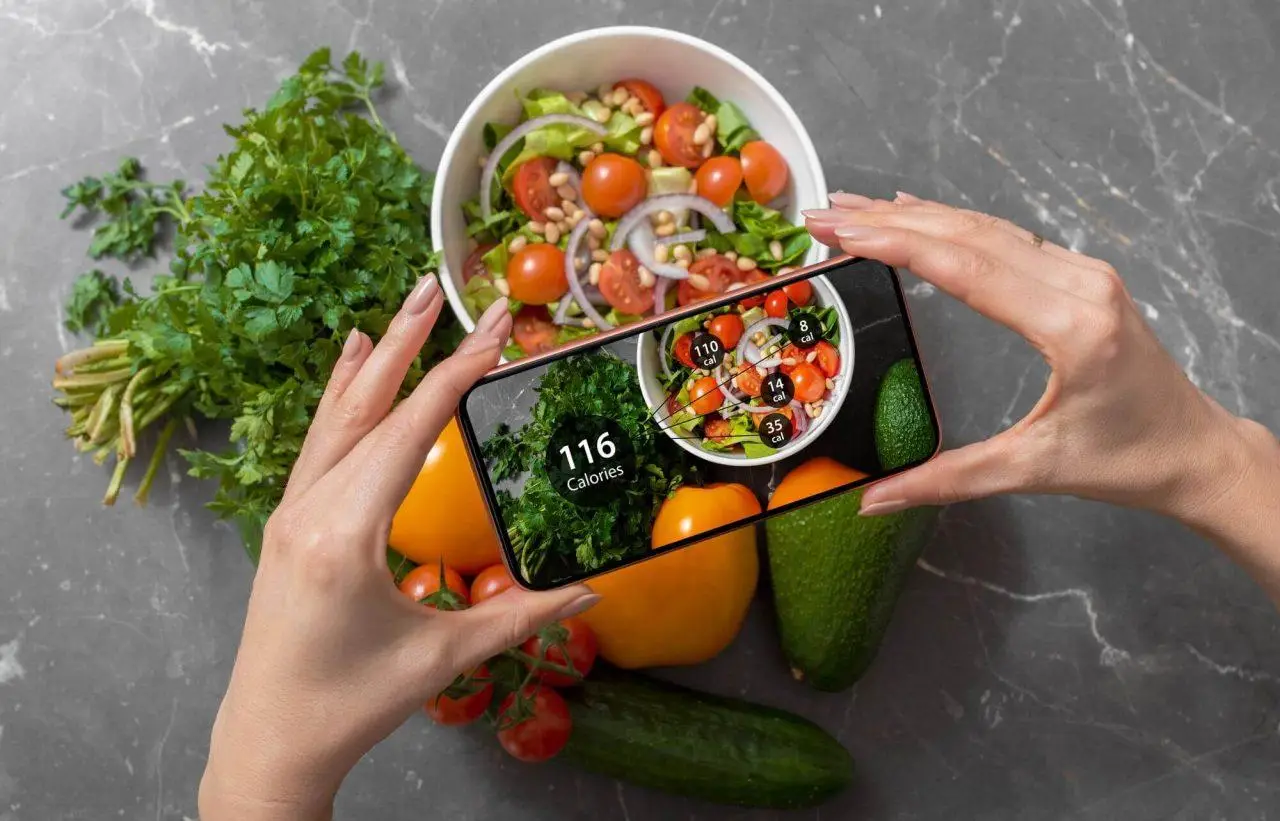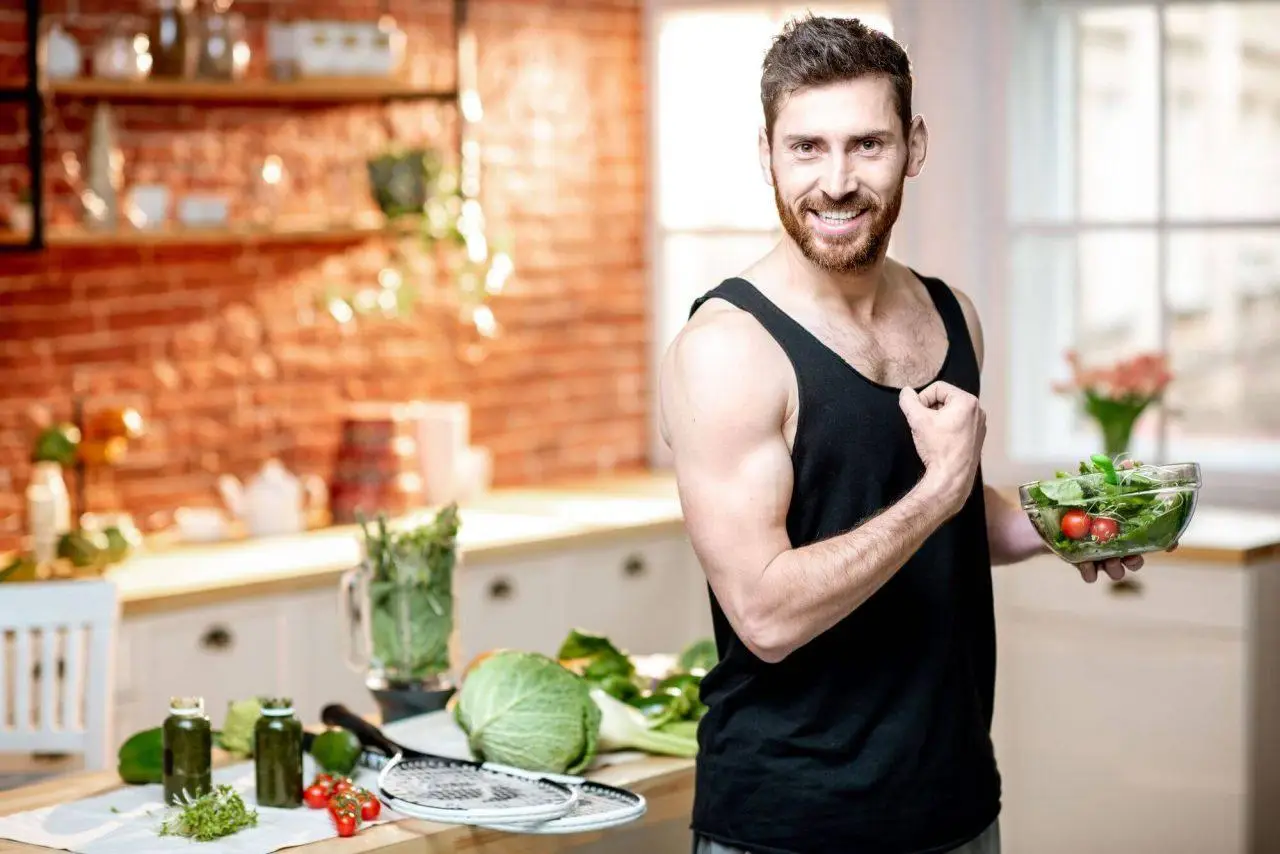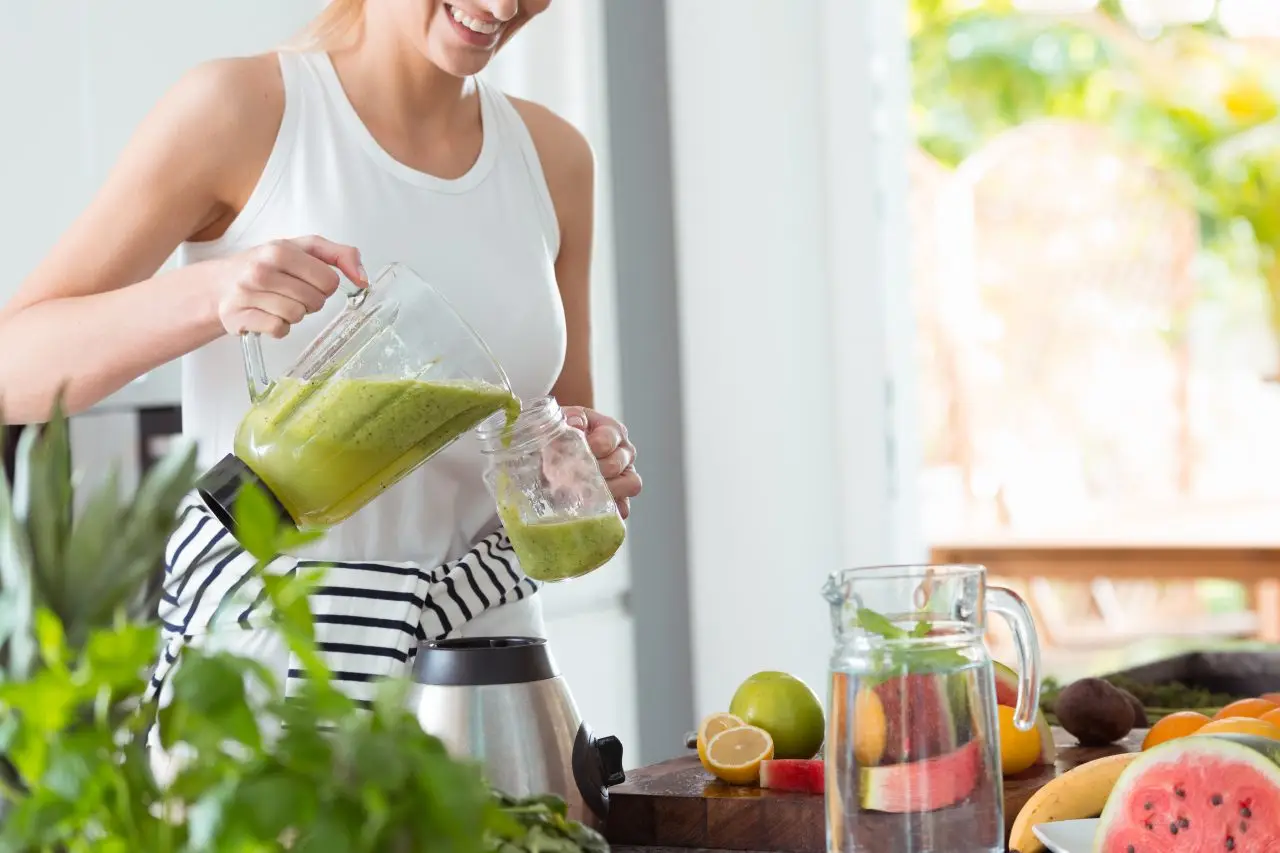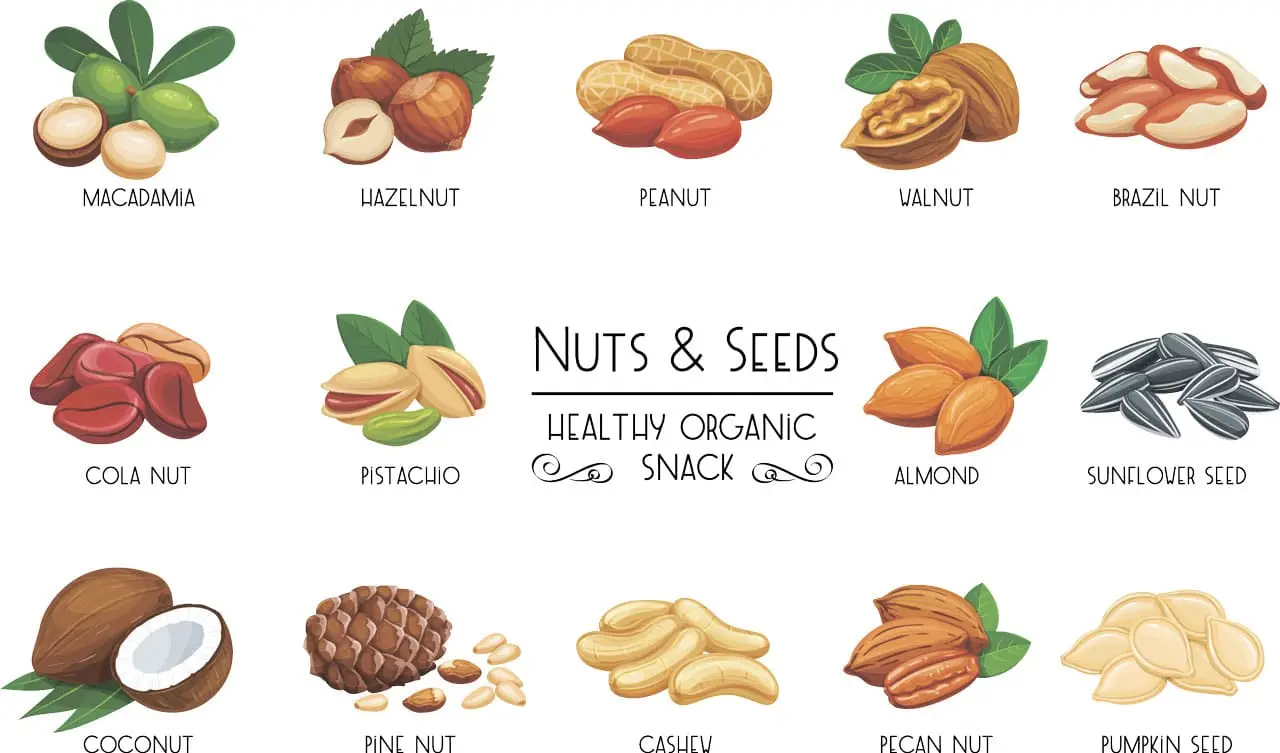How To Gain Weight As a Vegan
We’ve all seen the articles discussing how to lose weight. They’re everywhere! Everybody wants to lose weight, and everybody is looking for the best way to do it. In the vegan community, it’s often the other way round. People want to know how they can gain weight. Why? Because vegans that eat healthily can struggle to consume enough food and enough calories to gain significant weight.
Some vegans, when they first start out, lose about 5kg on average within the first 12 months. This is without any changes to their exercise routine. The simple reason being that vegans stop eating lots of calorie-dense animal products like meat and dairy.
But not everyone wants to lose weight. Some people are naturally quite small, so they want to gain weight. Others have fitness goals that require building lots of muscle like weightlifters.
Some of you might be thinking it must be a lack of protein that is the issue. Well, maybe, but not always. Protein isn’t as essential for gaining weight as you might think.
You Have to Track Your Calorie Intake
A fundamental part of weight loss or weight gain is understanding your calorie intake. Theoretically, the more calories you eat, the more weight you gain and vice versa.
Depending on your current size, diet, and workout routine, this can be more complex than simply consuming more calories.
Your body is built for burning calories. You consume calories, and it uses them for energy throughout the day. This is called total daily energy expenditure or TDEE.
The rule of thumb is if you eat less than your TDEE, then you will lose weight. Eat more than your TDEE, and you will gain weight.
However, some people have an incredibly fast metabolism, which means you burn calories much quicker than a regular person. This is great for those wanting to lose weight. If you’re going to gain weight with a quick metabolism, you will need to simply eat more food.
This is not always easy though. Vegan foods are high in fiber, which means eating more food is not necessarily easy. You might have to force some more food down to make those gains.
Most vegans looking to gain weight probably already eat a lot of food. However, I implore you to use an app like My Fitness Pal or Chronometer. Spend a few days tracking everything you put inside your body from your morning protein shake to the almond milk in your coffee.
What you may find is that, despite all your eating, you’re still short of the calories you need to actually gain weight. So, what to do?
1. Track Your Diet
As stated above, track your calories and keep monitoring your calories. Analyze what you have eaten each day and try to look for foods that are low in calories and those that are high in calories.
If you’re serious about gaining weight, you will need to buy a scale so you can weigh each food you eat. This will give you a more accurate insight into your calorie intake.
2. Calculate Your TDEE
There are several ways to do this, but the best is to find an online TDEE calculator. You will be asked to fill in your gender, age, current weight, height, and the amount of exercise you currently do.
Once you hit calculate, it will generate the calories you need to maintain your current weight, the calories you need to lose weight, and the calories you need to gain weight or bulk up.
Now you have a calorie goal to live by while trying to gain weight. The number may shock you, but believe me, it’s pretty accurate.
3. Smash That Calorie Target
This may sound easy, but depending on each person, it may be trickier. This target has to be hit every single day, not every other day or just sometimes. Without consistency, you won’t hit your target.
If you notice nothing after a few weeks, even though you’re eating your target every single day and working out consistently, just add 200 more calories. No change? Add another 200 calories.
Everybody is different. There is no one fits all solution to gaining weight. It depends on so many various factors.
Eventually, you’re going to start building mass. Once you notice it, stick with what you’re doing and watch the weight pile on.
Calorie Quality and Density
When I recommend eating more food and adding extra calories to gain weight, I don’t mean start stuffing your face full of french fries and vegan fast foods.
The quality and density of your calories are incredibly important. If all you eat is processed foods high in fat and sugar, guess what? You’re going to add fat, not muscle.
Calorie density can be an issue for vegans who want to gain weight. Why? Because most plant foods like vegetables and fruits are low in calories. You could eat four bags of salad and still only achieve 300 calories.
This is why the quality and density of the calories that make up your diet are so important. Calorie density is quite simple:
Calories/Weight = Calorie Density
So a bag of lettuce weighs pretty much nothing, and lettuce is low in calories. Therefore, a bag of lettuce has a very low-calorie density.
Let’s take a look at the vegan diet ranked by calorie density.
As you can see, most vegetables have a low-calorie density between 13-43 calories per 100g. So some simple math and you will discover that eating 1kg of vegetables might only give you 430 calories at most. Pretty useless if you’re aiming for 3000+ calories per day. Eating 1kg of vegetables is no easy feat either.
So, to reach your 3000+ calorie goal, you need to study the above table and start to see how you can mix each of the food groups in a way that helps you to reach your goals.
The basic idea is to try to focus on eating calorie-dense foods if you want to gain weight. So, you will want to include a good amount of starchy vegetables, legumes, vegan dairy, alternative meats, nut butter, and nuts and seeds.
“But why can’t I just eat cookies and peanut butter with oil?” Because that will make you negatively gain weight. You will gain fat, not muscle. We want to promote healthy weight gains that support good health and proper body function.
One example of a good weight gain meal might be:
- Brown rice
- Tofu or seitan or vegan meat
- Vegetables
- Sweet potato or squash
- A glass of soy milk
That will provide you with about 1000+ calories, bags of nutrients, protein, and a fair amount of antioxidants too. But we’ll discuss more meal ideas later on in this article.
Smoothies Are Your Best Friend
Smoothies are highly effective for those that want to gain weight. You simply take a load of high-calorie-dense foods and whizz them all up into a delicious drink. It’s an easy way to ensure you get enough calories throughout the day.
As well as eating three or four meals a day, adding a smoothie in at some point will help to significantly boost your calorie intake. That 3000+ target will suddenly appear much more manageable.
Chewing foods can be tough work, and with the amount of food you need to hit your target, it can be tiresome. Plus, you have all the preparation and cooking. It takes up a lot of time. Smoothies take minutes to put together and are far easier to consume than a bowl of food.
So, what should you put in a smoothie? Remember, we want high-calorie density but also high quality. Not too much fat and as least processed sugar as possible.
Here is my typical daily smoothie, but feel free to get creative and develop your own that suits your particular tastes. Just make sure you’re still focused on calories and low-fat.
- Two bananas
- One or two scoops of chocolate vegan protein powder (choose a brand using natural sugar)
- Two tablespoons of nut butter (peanut, almond, macadamia…)
- Soy milk
- Oatmeal
- 1 tablespoon of chia seeds
This is all combined will give you around 1000+ calories, and you can drink it within a few minutes. Probably the greatest vegan gains hack there is.
I highly recommend researching your vegan protein powder. Avoid using large amounts of processed sugar or synthetic ingredients. Go natural all the way!
If you want, you can add a tablespoon of greens powder or spirulina powder. Both are packed with essential nutrients, antioxidants, and powerful plant compounds. This is a smart hack for the healthy vegans out there.
Know Your Carbohydrates
You have refined carbs, and you have complex carbs. Refined carbs are typically white rice, pasta, white bread, noodles, potatoes, tortillas, and flour-based products. Complex carbs are foods like sweet potato, pumpkin, and squash.
The most calorie-dense carbs are refined carbs, but the healthiest carbs are complex carbs. If you’re purely looking to gain weight, you will want refined carbs. This is because, during their processing, a lot of the fiber and water are removed. This makes them more calorie-dense.
If you want to gain weight and also pack in the nutrients, which I highly suggest, then try to mix the two types of carbs up throughout the week. Complex carbs are full of vital nutrients, whereas refined carbs generally offer nothing of value but calories.
If you’re a very health-conscious vegan who just gasped at the idea of eating refined carbs, then stick to complex carbs. You will just get fewer calories, and it might take you a little longer to gain mass.
Nuts and Seeds Are Essential
If you take a quick look back to the calorie density table earlier in this article, you will see nuts and seeds are very calorie-dense. But unlike oils and sugary foods, they’re actually healthy in small amounts.
Those looking to gain weight should have nuts and seeds at the ready throughout the entire day. They’re very quick and delicious calorie boosters. For example:
- 10 cashews = 100 calories
- 3 brazil nuts = 100 calories
- 17 peanuts = 100 calories
- 14 almonds = 100 calories
- 5 macadamias = 100 calories
- ¼ cup of sunflower seeds = 207 calories
- ¼ cup of pumpkin seeds = 163 calories
- 1 tablespoon of chia seeds = 69 calories
You get the idea. Nuts and seeds pack a mighty calorie punch. They’re also packed full of essential nutrients and antioxidants that keep your body in peak performance.
You can also incorporate nuts and seeds into your daily meals. I like to add seeds to my soups and pasta dishes. Walnuts go great with salads, and chopped peanuts on top of Thai curry is essential.
Yes. Nuts and seeds can be costly, depending on where you live in the world. Try to buy bulk online and always look for USDA-Organic. You don’t need a side dose of toxic chemicals with your calories.
Skip the Salad
Salads are great for packing in the nutrients, but they’re also extremely low in calories. I’m not saying you have to eliminate salads completely, but it’s best not to make them a part of your staple while you’re trying to bulk up.
Instead, focus on the foods listed earlier in the article. You want foods that are calorie-dense and plenty of them. If you need a hit of nutrients, a small salad on the side is ok.
For most of you, though, I imagine you’re more than happy to skip salads entirely! Bulking up is fun for those who hate salad!
So, What Meals Should You Be Eating Each Day?
What you eat is really up to you. As long as you’re hitting the best food groups for calories, then there is no issue with what specific meals you should make.
However, not everyone is as creative as others in the kitchen, so you may want some inspiration. Here are a few ideas for daily meal plans that all exceed 3000 calories. Feel free to play around with them and mix them up to suit your individual preferences.
Example 3000+ Calorie Meal Plan
- Breakfast: Vegan protein shake, a big bowl of oatmeal with nut butter, chia seeds, flaxseed meal, mixed nuts, and plant milk (preferable soy for protein)
- Snack 1: Handful of mixed nuts and fruit of your choice.
- Snack 2: Granola bar and a banana.
- Lunch: Lot’s of beans/legumes and white rice with veggies and avocado.
- Snack 2: Nut butter on wholewheat bread.
- Smoothie-time: Two bananas, one or two scoops of vegan protein powder, two tablespoons of nut butter, soy milk, oatmeal, 1 tablespoon of chia seeds.
- Dinner: Tofu/tempeh/vegan meat with a large bowl of chickpea/lentil pasta and veggies.
- Dessert: Berries and vegan yogurt.
- Bedtime snack: Nut butter & banana sandwich with a small block of dark chocolate.
Once you start eating like this, you may feel extremely full, to begin with. But after a few days, you will get used to it. Once you get into the habit of snacking, make sure you mix it up a bit and swap in different types of foods.
Make sure you space out your meals throughout the day. You don’t want to eat too closely together to avoid stomach issues and feeling too full all the time.
You don’t always have to eat clean. Throw in a few naughty treats here and there, but keep them treats! No overindulgence, or you’ll end up packing on the fat and not muscle.
Don’t Like to Cook?
Sorry, but you’re going to have to get in the kitchen frequently to make this work. One thing you could do if you really hate cooking is to bulk cook at the weekend and freeze everything, so you don’t need to cook throughout the week.
Alternatively, you could join a vegan food delivery service that provides you with vegan meals each week via the post. But this will cost you a small fortune. The quality of food may also be lacking.
I highly suggest if you’re serious about gaining weight as a vegan that you get in the kitchen, put some tunes on, and enjoy the process. Once you get into it, you will have fun. Cooking is a valuable lifelong skill to acquire too.






Spelling error report
The following text will be sent to our editors: